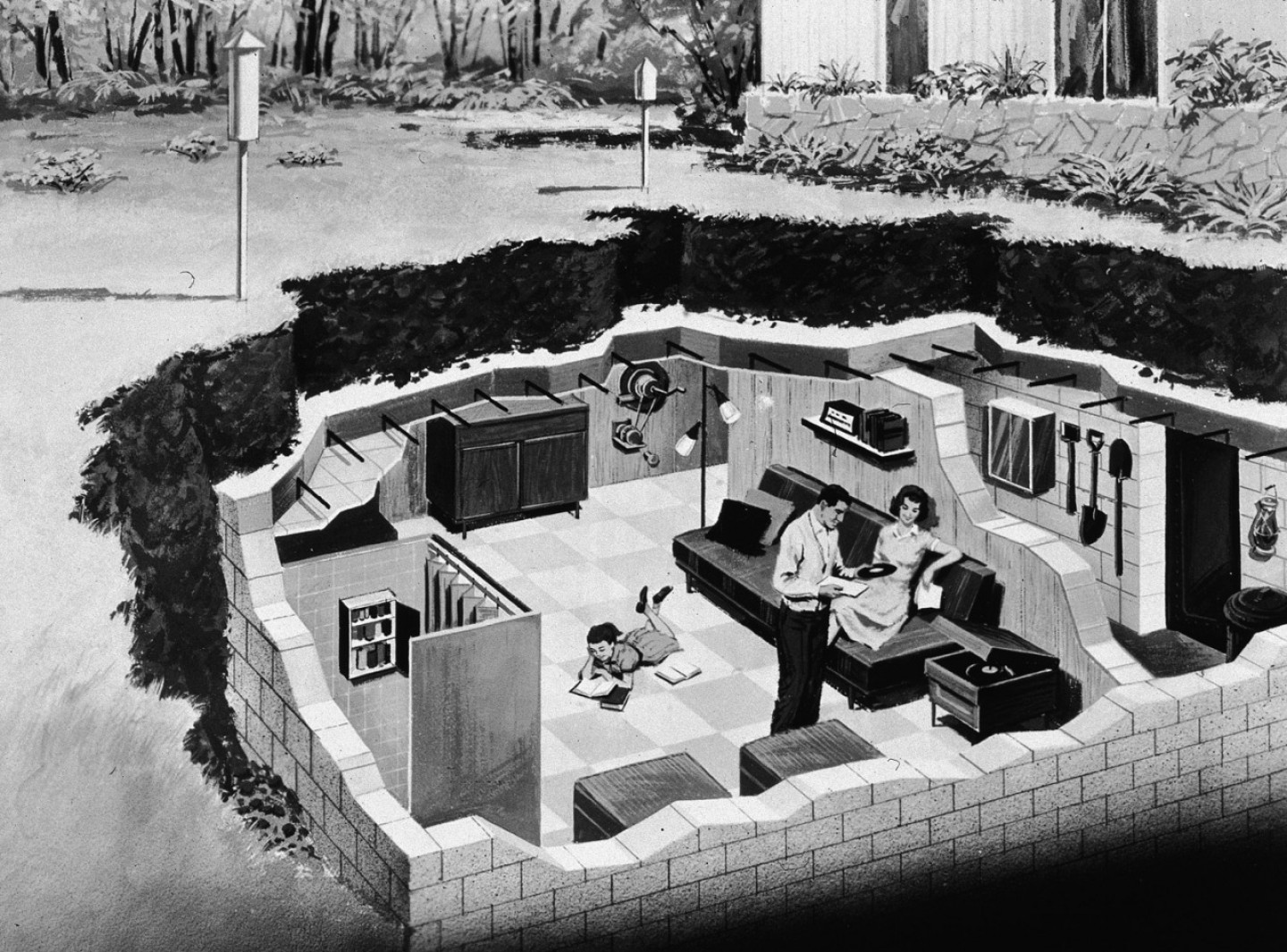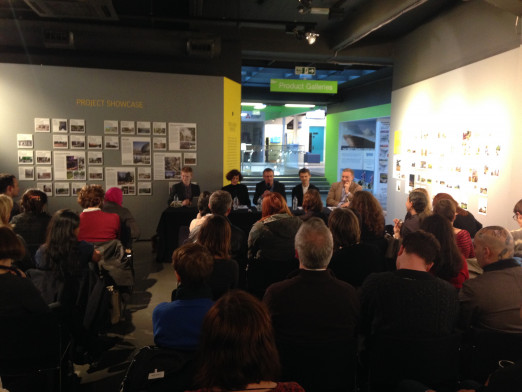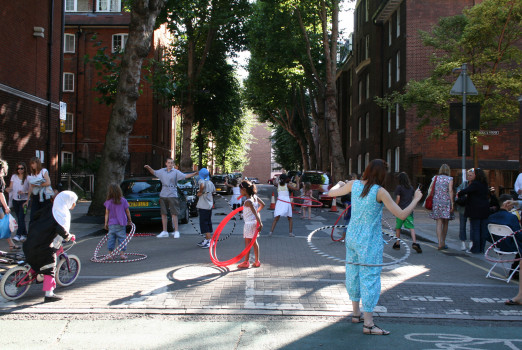From pollution, rising sea-levels, crime, terrorism or simply ill-health and disease, it seems that when we talk about cities, it’s de rigueur to claim that “crisis is the new normal”. Judith Rodin’s latest book “The Resilience Dividend” claims that “we are at greater risk than ever from city-wide catastrophe, and as the severity and frequency of these disasters increase, we must become better at preparing for, responding to and recovering from them.” Global engineering firm Arup are keen to join in the paranoia: “Those who run the world’s major cities are becoming increasingly aware that they are unable to cope with a number of global or regional scale threats: climate change, pandemics, water shortages, terrorist activity, collapsing fish stocks, to name but a few”.
What happened to change our perception of urbanization from a positive to a negative one? Not too long ago, cities were seen as a progressive social organisation, whereas now – through the prism of resilience – we seem to be interpreting cities in potentially terrifying terms? The post-war vision of town-planning: to create a better quality of life through development is much ridiculed these days. Nowadays, we seem to have become infatuated by the perceived failures (or possible scenarios of failures in the future) rather than the successes of cities? Architects talk of “future-proofing” while engineers “disaster-proof”; each for the avoidance of unspecified hazards that may or may not be around the corner.
Buildings in earthquake zones should obviously have higher engineering requirements, but should we design everyday buildings with disaster in mind? Are cities under such threat that precaution should be our watchword? Across the globe, we are living longer and healthier lives. While some people argue that pace of urban life is destroying the quality of life – the fact that the global population is now more than 50 per cent urban tends to undermine that viewpoint. Rural populations want the benefits that urbanism brings.
This debate asks whether resilience is a euphemism for human ingenuity and fortitude; or it implies that we should keep our heads down. Is it a belief that we should control events or that we should accommodate to forces beyond our control? In cities, should we build better drainage infrastructure to remove flooding, or should we live on stilts to live with flood water? Should we design blast-proof windows and walls to protect ourselves against terrorist attack, or satisfy ourselves that terrorism remains a remote possibility? Should we enjoy a socialised urban existence, or should we adopt a survivalist mentality? What kind of mind-set does the infatuation with resilience generate? What kind of city does fear of the future create?
Speakers:
Irena Bauman, professor of Sustainable Urbanism at Sheffield University; co-founder of Bauman Lyons Architects
Robin Nicholson CBE, senior partner, Cullinan Studio; NHBC Foundation Expert Panel
Christine Murray, editor of The Architectural Review
Austin Williams, Associate Professor of Architecture at Xi'an Jiaotong-Liverpool University, China and author of The Lure of the City: From Slums to Suburbs
Chair: Martyn Perks, Co-author of Big Potatoes: London Manifesto for Innovation; writer on technology, design and urbanism
Cost: £5 / £3 (students/concession)




